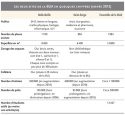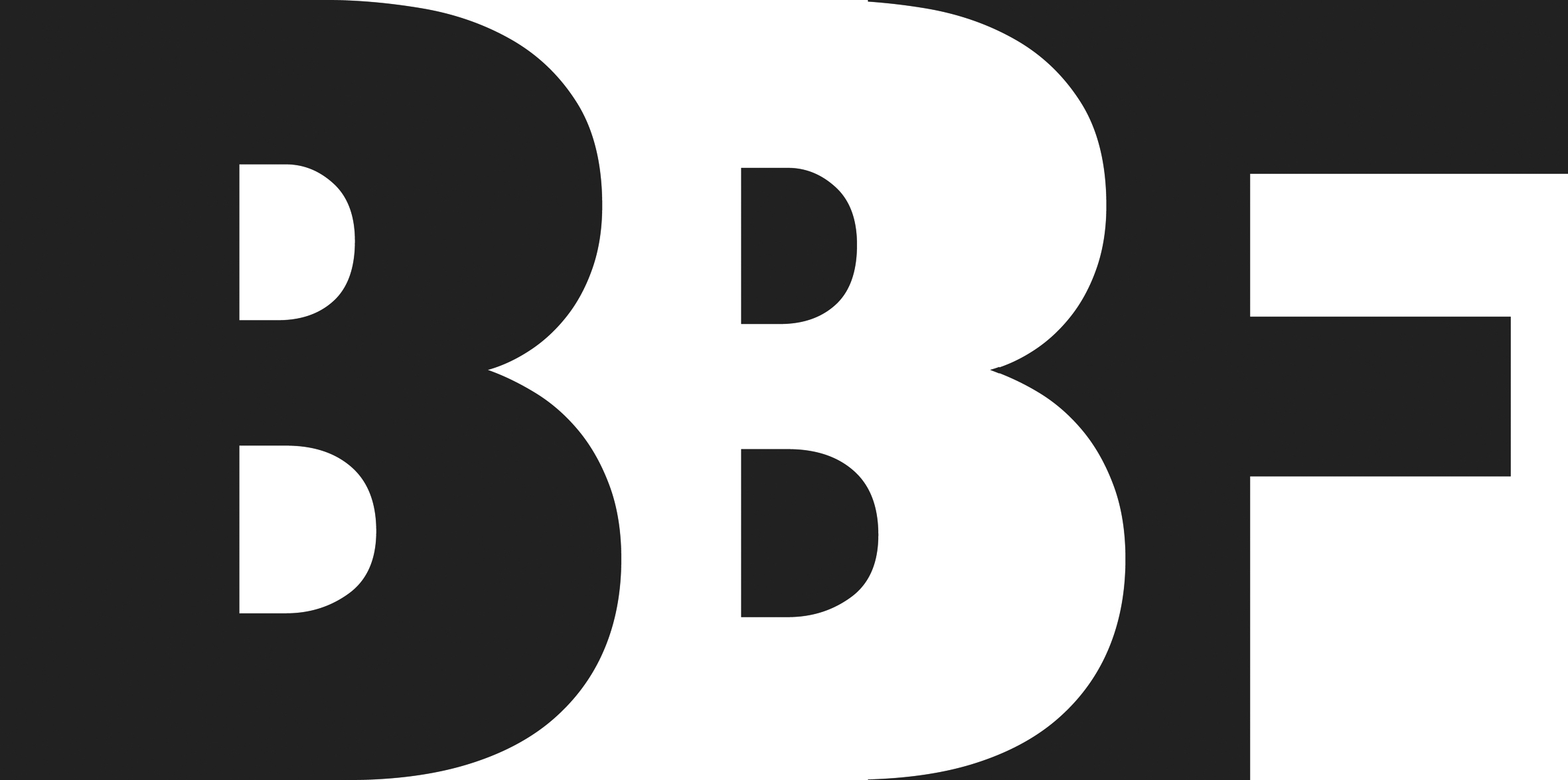À boire et à manger
La consommation des nourritures terrestres à la bibliothèque universitaire d’Angers, entre tolérance et interdiction
- Auteur : Szczepanski-Huillery, Maxime
- Résumé en allemand : Maxime Szczepanski-Huillery, Verantwortlicher der Bibliothek Belle-Beille an der Universitätsbibliothek Angers, stellt ein Beispiel einer lebendigen und modernen Universitätsbibliothek vor. Das Personal ist mit einem starken Andrang von Studenten konfrontiert, die, meistens in der Gruppe, gekommen sind, um zu arbeiten, selten zur Nutzung der von der Bibliothek zur Verfügung gestellten dokumentarischen Ressourcen und verspürt hier wie auch anderswo die Schwierigkeit, die Örtlichkeit abzuschirmen, indem den Studenten Essen und Trinken und Diskutieren verboten wird. Die Bibliothek hat diesen Benutzern Gehör geschenkt (eine 2008 durchgeführte LibQUAL+-Umfrage hat zur Einteilung der Bibliothek in drei Zonen, Kommunikations-, Ruhe- und Schweigezone, entsprechend den von den Studenten zum Ausdruck gebrachten Erwartungen geführt) und die Bibliothek hat sich schliesslich für pragmatische Lösungen entschieden: esst, aber hinterlasst keine Spuren; sprecht, aber akzeptiert die von euren Kameraden verlangte Selbstkontrolle! Diese Fortschritte konnten nur möglich gemacht werden, weil das Team die Herausforderungen der neuen Art und Weise des Arbeitens der Studenten akzeptiert hat.
- Résumé en anglais : Maxime Szczepanski-Huillery, director of the Belle-Beille library at Angers University, presents a service that sets out to be modern and dynamic. Large numbers of students use the library, often in groups, as a work space rather than to consult the resources. As a result, the staff often find it hard to preserve suitable working conditions for those who do need to use the library’s resources: it has proved particularly challenging to stop students from eating, drinking, and chatting. The library prides itself on reacting to user feedback and set up three zones in response to a 2008 LibQUAL+ survey where users can chat, talk quietly, or work in silence. The library has now taken a pragmatic approach, allowing students to eat but requiring them to clean up after themselves and to chat but to agree to be quiet when asked by other users! This solution has only been possible because the library staff have taken on board the new working habits and practices adopted by students.
- Résumé en espagnol : Es el ejemplo de un SCD vivo y moderno que presenta Maxime Szczepanski-Huillery, responsable de la biblioteca Belle-Beille en la BUA, universidad de Angers. Confrontada a una fuerte afluencia de estudiantes que vienen para trabajar, lo más a menudo en grupo, raramente para utilizar los recursos documentales ofrecidos por la biblioteca, el personal siente, aquí como en otras partes, la dificultad de santuarizar los lugares prohibiendo a los estudiantes comer, beber, o discutir (travarder-trabajar charlando). A la escucha de los usuarios (una encuesta LibQUAL+ llevada a cabo en 2008 concluyó en la división de la biblioteca en tres zonas: com, calma y silencio, correspondientes a las expectativas expresadas por los estudiantes), la biblioteca ha adoptado finalmente soluciones pragmáticas: ¡coman, pero no dejen huellas; hablen pero acepten la autorregulación impuesta por sus camaradas! estos avances sólo han podido hacerse porque el equipo ha aceptado los retos ligados a las maneras de trabajar de los estudiantes.
- Résumé : C’est l’exemple d’un SCD vivant et moderne que présente Maxime Szczepanski-Huillery, responsable de la bibliothèque Belle-Beille à la BUA, université d’Angers. Confronté à une forte affluence d’étudiants venus pour travailler, le plus souvent en groupe, rarement pour utiliser les ressources documentaires offertes par la bibliothèque, le personnel éprouve, ici comme ailleurs, de la difficulté à sanctuariser les lieux en interdisant aux étudiants de manger, de boire, ou de discuter (de « travarder »). À l’écoute de ses usagers (une enquête LibQUAL+ menée en 2008 a abouti à la division de la bibliothèque en trois zones : com, calme et silence, correspondant aux attentes exprimées par les étudiants), la bibliothèque a adopté finalement des solutions pragmatiques : mangez, mais ne laissez pas de trace ; parlez, mais acceptez l’autorégulation imposée par vos camarades ! Ces avancées n’ont pu se faire que parce que l’équipe a accepté les enjeux liés aux nouvelles manières de travailler des étudiants.
- Paru dans le numéro : n°4 : La règle en bibliothèque
- Licence de diffusion : Tous droits réservés
- Format : Fichier XML
- Étendue : 34416
- Date de publication : 2013
- Langue : fr
- Type de ressource : Text
Ce document est également disponible dans le format suivant :
Document faisant partie de cette ressource :





